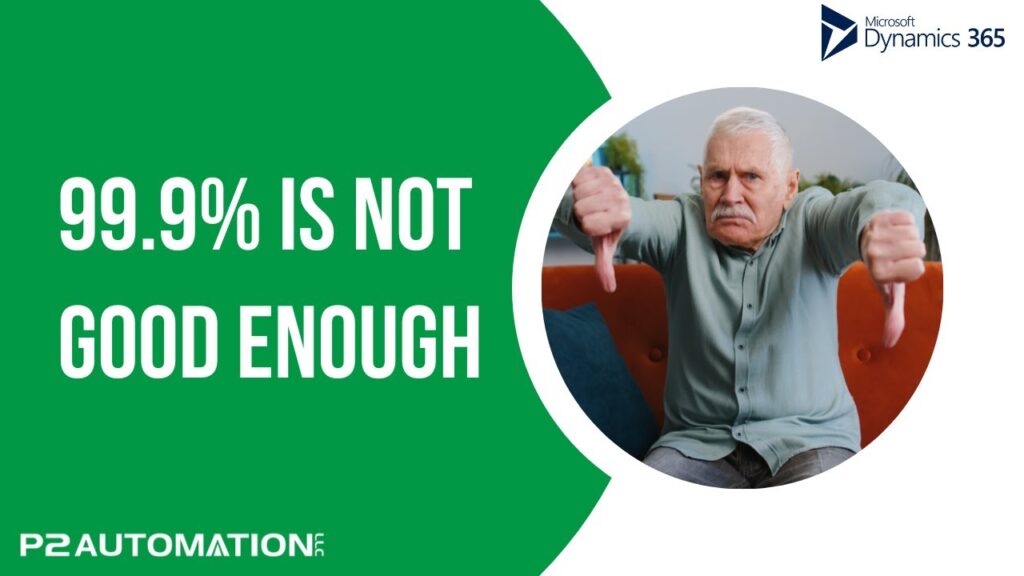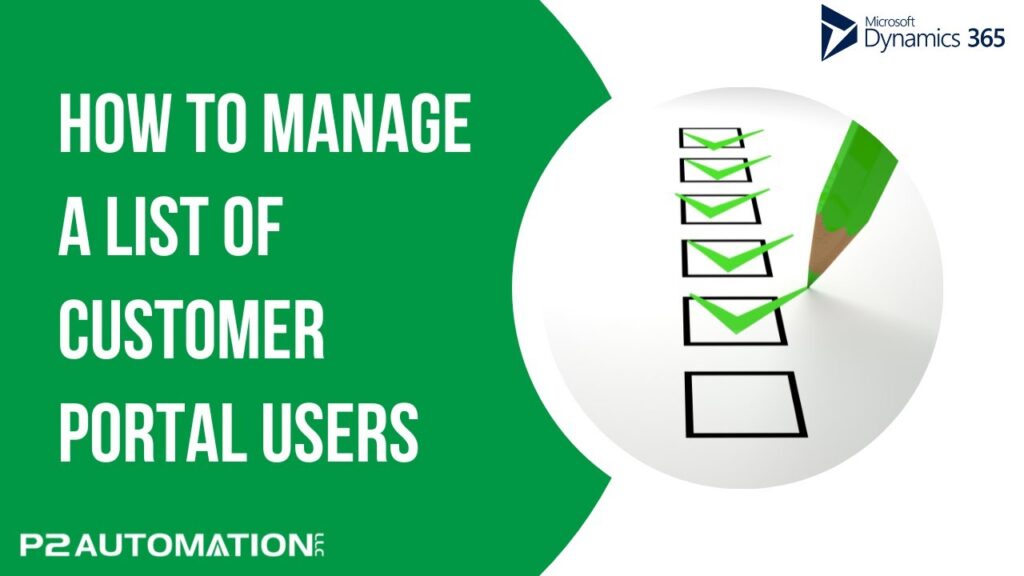Are Most CRMs Ready-To-Go Out of the Box for Small Businesses?
Many CRMs for small businesses make lofty promises of efficiency and increased profitability while also touting their ease of implementation. They make it seem that a CRM is ready to work for you right “out of the box” with only a few quick steps to connect to your existing systems. And yet things don’t usually pan out as planned. Here’s why a ready-to-go CRM is exactly what your small business DOESN’T need.
The Seduction of CRM Ease
It doesn’t matter what industry you’re in or how “cool” your business seems to be, owning a business is a ton of work and so much of that work can end up being around the pieces of ownership that have nothing to do with the actual products or services you’re offering. The concept of “building the plane while flying it” is the perfect metaphor for entrepreneurship. It’s a lot of work and figuring things out as you go.
That’s why it makes perfect sense when people want to adopt a CRM for their small business to automate their tedious and time-consuming processes. A CRM is like the perfect office admin to lighten your workload. However, some training is required.
Where One Client Got It Wrong (And Then Right)
I once had a client meeting where our business, P2 Automation, was being introduced to some key decision-makers in the industry to decide if a CRM was right for them. When my contact at the organization introduced me around that oversized meeting room table, he proclaimed, “A CRM is 90% ready-to-go out of the box. Steve is going to do the last 10%.” He based this knowledge on a sales video he had watched from the maker of the CRM system.
I may still have a mark on my jaw from where it hit the table. Had he switched the percentages, he would have been closer to the truth and more accurately able to explain WHY customization of a CRM is so necessary. Yes, a CRM already comes with all sorts of bells and whistles, but it lacks any knowledge of how you run your specific business. Getting the CRM to match your business is 90% of the work. The bells and whistles make up the remaining 10%.
It’s like buying a fancy new car where the driver’s seat and steering wheel have yet to be installed, and the car’s language mode is stuck on Turkish. Yes, technically, you have nearly all the parts, and the car can move, but it’s going to be a challenging and uncomfortable drive with a significant learning curve if you haven’t spent much time in Istanbul.
But enough of strange metaphors. My point is, if you don’t take the time to match the CRM to your business (or worse, try to rework your business to fit the CRM’s basic setup) you are wasting your hard-earned dollars on technology that will never give you the ROI you’re hoping for.
The CRM Customization Process
The CRM technology understands basic business processes, but it doesn’t understand your business. We need to understand who does what, when it happens, and how. That’s why the majority of our time when it comes to creating a CRM for our clients is spent mapping out their processes. Once we’ve plotted the course, then we can match the modules to the process and install the system. And while some modules are “plug and play” there are always several that need further configuration. This was especially true of our aforementioned client, who operated in an industry with many compliance regulations.
Once the CRM is set up to match your business, the work is not done. We need to train everyone on two key points:
- How the CRM works for them
- Why they will want to use it
The first point is obvious. People need to know how to enter data, what to click on, and what triggers the next action. The second point is often overlooked when it comes to adopting new technology and is somewhat of our forte when it comes to implementation. People need motivation when it comes to using new technology. It never goes well when they’re expected to use a CRM just because “the higher-ups said so!”
Building a CRM Employees Want to Use
We had one client who struggled with getting their sales team to enter their sales data into the system. There was no direct benefit at that time for the sales team to do so, so we created one. We added a reporting function that calculated their compensation and commission off the data entered into the system. Not only was it instant motivation to make sure all of those sales numbers were captured, it also helped create consistency in a haphazard process and allowed the company to base strategic decisions on more accurate sales data. What was a problem that plagued them, was suddenly resolved in a week thanks to some outsider perspective and a simple CRM modification.
Another way to create a system that people want to use is to configure it in a way where it saves them time. We’ve customized modules for sales clients so that the process of creating and sending a quote could be streamlined. Whereas it used to take one client two hours per quote, our customized CRM cut that time in half. This allowed them to double the number of quotes they were able to deliver in a day, thereby increasing their potential sales and commission income.
When your team can see the direct benefit to them, they are more likely to use the technology. But THAT is something that will never come from a CRM right out of the box!
Ready for a CRM that Works for You?
At P2 Automation we take great pride in the ability to understand both computer code and human behavior. Technology can be complicated, but it never should be to our end users. We’re here to develop a streamlined automation process around your business at a price that you can afford. Contact us today for a free initial consultation to see how P2 Automation can help you meet your business goals.




